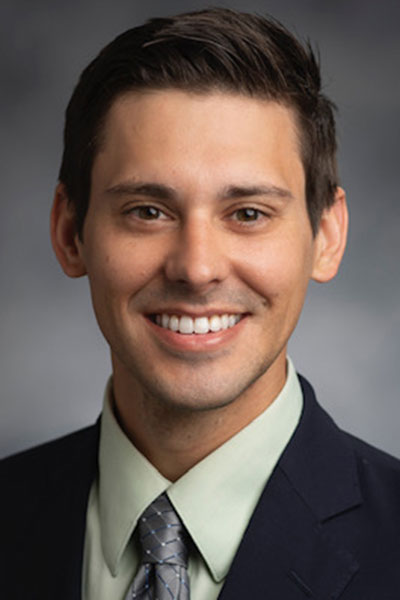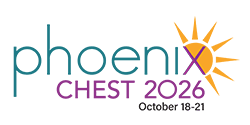If patients have been exposed to emerging or unknown pathogens, lives depend on efficient coordination to enact established protocols.
Experts will address obstacles to and opportunities for this comprehensive response within the United States during the CHEST 2025 session Emerging Pathogen Preparedness: Bridging National Strategies and Local Readiness on Monday, October 20, at 1:30 pm CT, in McCormick Place, Lakeside Center, Room 352.

Kevin Swiatek, DO, FCCP, will chair the session and provide an overview of the National Emerging Special Pathogens Training and Education Center (NETEC) and its National Special Pathogen System. These partnerships are critical in managing suspected and confirmed cases but may fly under the radar due to the anomalous nature of special pathogen events.
“A lot of CHEST attendees probably work at local hospitals that they don’t even know are part of the lattice work connected to this national strategy of emergency preparedness,” said Dr. Swiatek, a pulmonary physician at Corewell Health.
Russell Lampen, DO, an infectious disease specialist at Corewell Health, will discuss how to enhance local preparedness. Through case studies and group discussions, participants will develop actionable strategies to improve health care center readiness for emerging pathogens, including protocols for integrating national frameworks into local practice and improving interdisciplinary collaboration.
“We want everyone to go back to their workplace and ask their infection preventionist or their emergency room staff what the current strategy looks like at their care center,” Dr. Swiatek said.
Shane Kappler, MD, Medical Director of the Biocontainment Unit at MedStar Health, will guide attendees through NETEC resources, national strategies, and how they connect with local responses. MedStar Health, Corewell Health, the University of North Carolina (UNC) at Chapel Hill, and 10 other institutions across the country have been designated as Regional Emerging Special Pathogen Treatment Centers by the US Department of Health and Human Services’ Administration for Strategic Preparedness and Response.
Dr. Swiatek emphasized the need for researchers and clinicians to advocate for continued federal support for effective pathogen preparedness.
“None of this is possible without federal funding. If we want nice things, we have to take care of the nice things and ensure they’re funded,” he said. “So when bills come up or when lawmakers are considering these decisions, we need to make sure that these people understand the importance of these efforts.”
William Fischer, MD, Director of Emerging Pathogens at the UNC Institute for Global Health and Infectious Diseases, will share insights into the latest research and developmental efforts in the space and how these findings can inform preparedness and response efforts within health care institutions.
While promising work is moving forward, innovative therapeutic interventions are an area of need, Dr. Swiatek said.
“It’s a blind spot for us. Research in this space remains pretty crummy,” he said. “We need to develop a robust research strategy and therapeutics that can be used at a much larger scale for whatever might be coming next.”

Call for Topics Is Open
Feeling inspired by all the great sessions in Chicago? Help shape the curriculum for CHEST 2026, October 18 to 21 in Phoenix, by submitting topic ideas from areas you’re passionate about, topics affecting your practice, or new technologies you’d like to learn more about. The submission deadline is Tuesday, December 2, at 2 pm CT.


